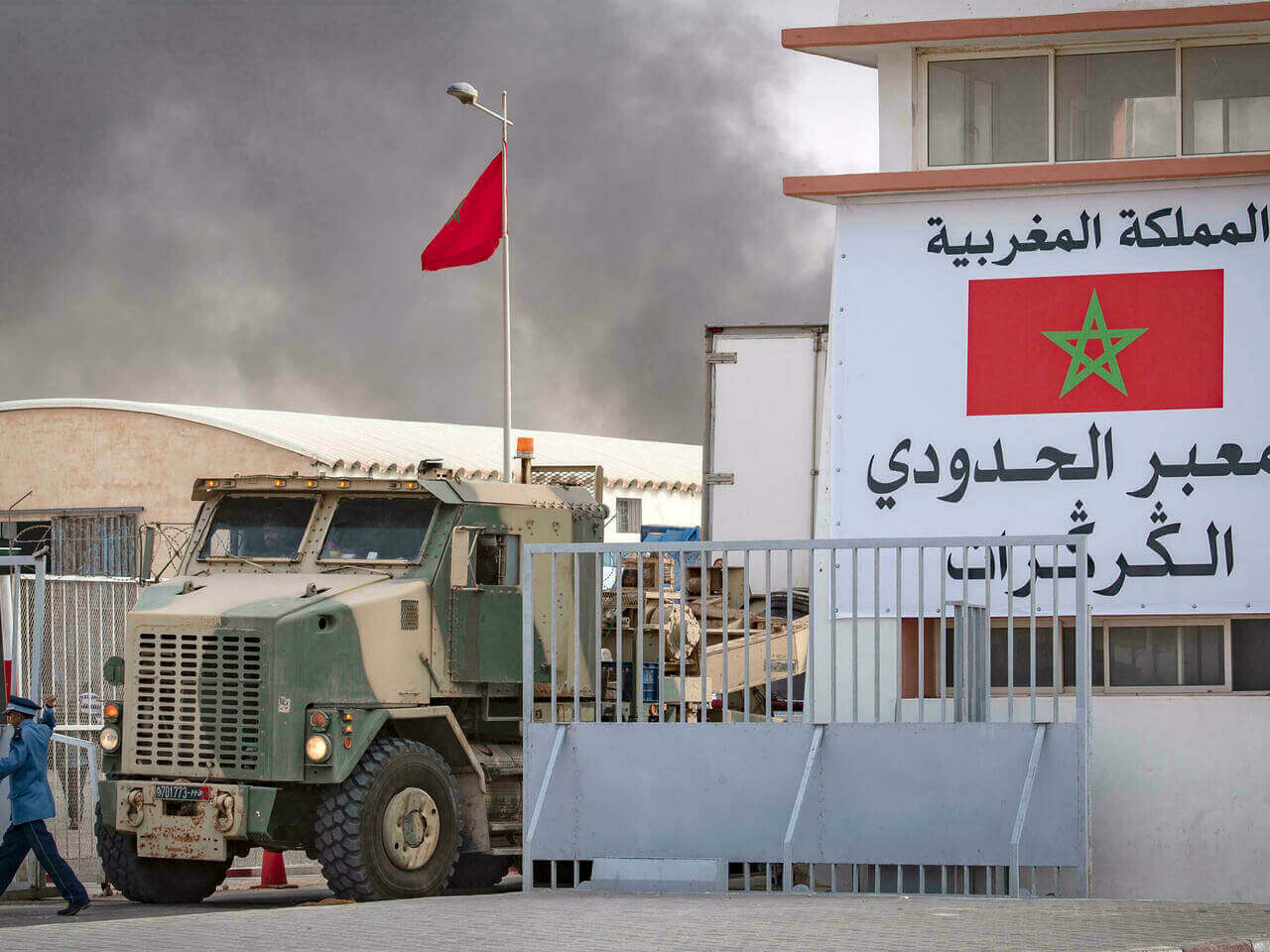On Wednesday, a European Union (EU) Court cancelled agriculture and fishing trade deals between the EU and Morocco, saying “they were agreed to without the consent of the people of Western Sahara.”
The trade deals, which allowed Morocco to export goods from disputed Western Sahara, were ratified by the European Parliament in 2019.
A press release stated: “The Court concludes that the Council did not sufficiently take into account all the relevant factors relating to the situation in Western Sahara.” “The Council, which is made up of representatives of EU states, had wrongly considered that it had a degree of discretion in its decision on whether or not to comply with an unfulfilled requirement for consent,” it added.
The Polisario Front submitted a plea in the Court in 2019 on behalf of the Saharawi people inhabiting the region. The Front has been demanding the region’s independence from Morocco.
The Court, in its ruling, internationally recognised the Polisario Front as the representative of the people of Western Sahara and noted that “the bloc did not consent of the Saharawi people before securing the deals with Morocco.” It added, “The annulment of the deals would not take effect immediately, but only after the two-month period for lodging an appeal or after an eventual ruling if an appeal was filed.”
The Polisario representative to the EU, Oubi Bachir, hailed the Court’s decision and said, “From the Saharawi refugee camps, A message of gratitude to the European Court.”
Earlier in February 2018, the European Court of Justice ruled that the fisheries agreement between the EU and Morocco is prohibited from including waters off Western Sahara.
After the ruling, the EU and Morocco issued a joint statement in which they committed to continue working on bilateral trade. Morocco’s Foreign Minister Nasser Bourita and the Union’s foreign policy chief, Josep Borrell, said both sides would take necessary measures “to ensure the legal framework guaranteeing the continuation and stability of trade between the EU and Morocco.”
The EU is Morocco’s largest trading partner and a major foreign investor. Morocco and Spain are likely to get most affected by the Court’s ruling. From the cancelled fishing agreement, Morocco is set to lose $60m annually for four years. The initial deal would have allowed 128 boats from 11 member states to fish in the waters off the Western African coast. As many as 92 of these 128 vessels belong to Spain.
The primary point of contention for the Western African nation is the mineral-rich Western Sahara. Morocco recognises the Western Sahara as part of its territory. On the contrary, Morocco’s neighbour Algeria has supported the Polisario Front, which has been seeking independence for the region since the end of Spanish colonial rule in 1975.
In 1991, Morocco and the Polisario Front agreed to a ceasefire brokered by the United Nations and later invited a mission to monitor peace. Although Morocco has offered autonomy to Western Sahara, Algeria, and the Polisario Front reject it and insist on a referendum that promised freedom. Last year, the United States recognised Morocco’s claim over Western Sahara, and consequently, more than 20 Arab and African countries opened their consulate in the territory.
Reacting to the court ruling, War on Want, a non-profit organisation, said, “EU states and the UK have been complicit by including Western Sahara in trade deals with Morocco, legitimising and providing material support for Moroccan occupation–in contravention of international law.” It added, “EU states have a legal duty to stop normalising, entrenching and profiting from the occupation.”

